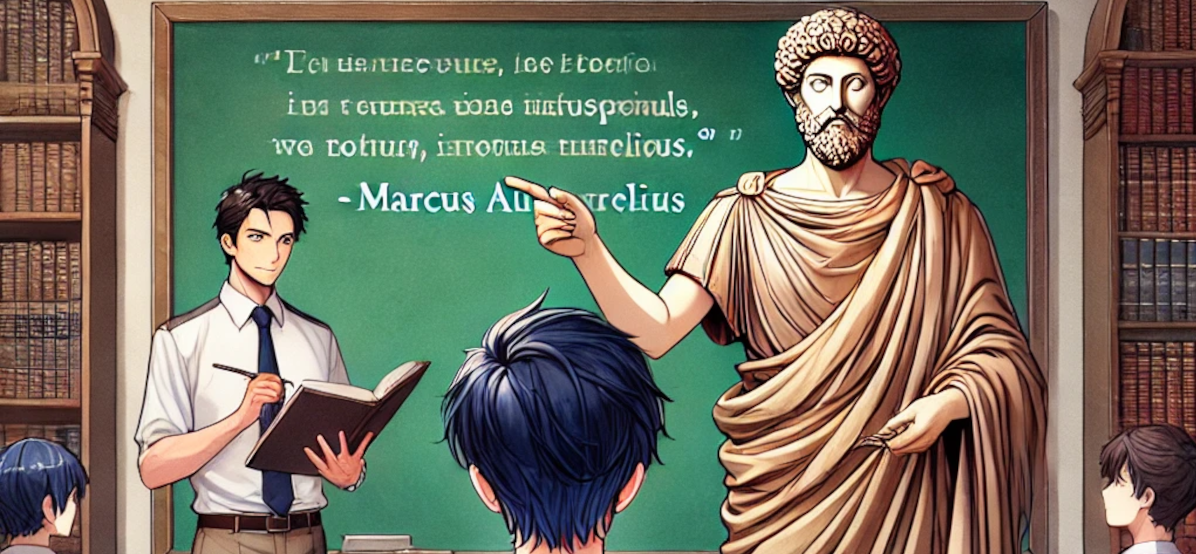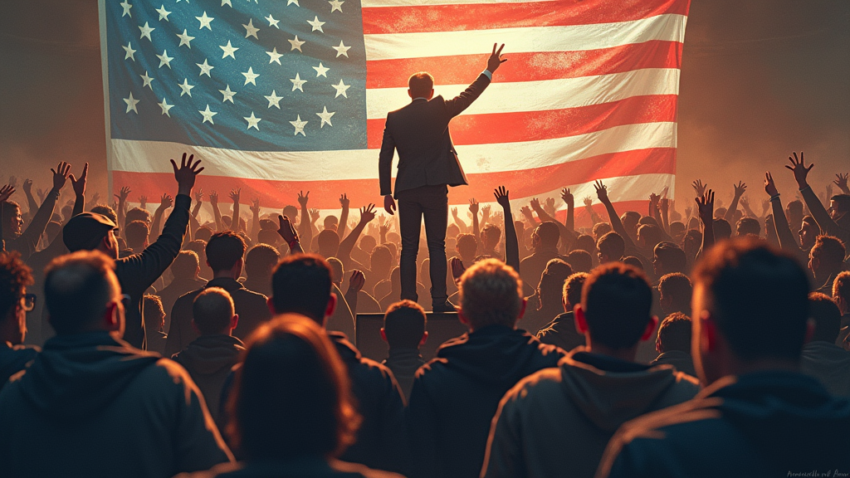The strength of democracy isn’t measured by one party’s dominance. It’s measured by competition—real, meaningful competition between strong and capable political forces. America’s strength has always come from the clash of ideas, from debates where even fierce rivals aim for the same outcome: a prosperous, free, and just nation. But right now, we’re dangerously off balance. Ironically, it’s not Trump’s lasting popularity that’s destabilizing our political equilibrium. The real issue is the Democratic Party itself, tangled in its own dysfunction.
Trump’s electoral success in 2024, even winning the popular vote, reveals something that Democrats seem hesitant—or unable—to understand: Americans crave authenticity, leadership, and someone who speaks to their daily realities. Trump isn’t popular because he’s flawless. He’s popular because voters are rejecting what they see as an out-of-touch, overly ideological Democratic Party.
Over recent years, Democrats have burrowed deeper into progressive ideals. They’re crafting policies that excite activists but don’t resonate with regular, working Americans. Sweeping climate legislation that overlooks economic realities, immigration policies seen as dangerously lax—Democrats repeatedly struggle to bridge their idealistic ambitions with real-world practicalities.
But ideology isn’t the only issue. It’s the internal structure of the Democratic Party itself. It’s a system designed to shut down real debate and crush innovation. Party leaders like Schumer and Pelosi are great at political maneuvering, fundraising, and keeping coalitions together, but they’ve failed the most important test of leadership: crafting a vision that goes beyond their own echo chamber and connects with regular voters.
Leadership isn’t about holding onto power. True leaders let new voices challenge their assumptions. They welcome new perspectives instead of burying them. When younger, moderate Democrats speak up, they’re pushed aside. They’re pressured to conform or they’re dismissed. This stifles innovation and leaves the party unable to adapt to what voters actually want.
Ironically, the party of inclusion has become narrow and inflexible. Without genuine internal competition and leaders willing to challenge the progressive status quo, Democrats can’t adapt. And when they can’t adapt, they lose elections, alienate moderates, and gradually become irrelevant to large parts of the country.
This isn’t just bad for Democrats—it’s bad for America. Democracy thrives on strong competition. When one party weakens, the other gains power by default, not because they’re great, but because there’s no real alternative. This weakens accountability, reduces voter engagement, and ultimately damages democracy itself.
Trump’s continued success isn’t just about his appeal—though his charisma certainly helps. It’s because he represents something different, something genuine—even if deeply flawed—to voters who’ve stopped believing the establishment is listening to them. While Trump speaks to the anxiety and frustration of the voters, Democrats are mostly talking to themselves.
For Democrats to matter again, significant internal change is needed. Party leaders have to welcome, not silence, new ideas. They have to embrace internal competition, support leaders who challenge old ideas, and craft policies that are relatable, pragmatic, and broadly appealing. That takes courage and humility—rare qualities in politics, but absolutely essential.
Historically, Democrats succeeded when they moved toward the center—think Bill Clinton in the ’90s. They captured voters’ imaginations by appealing to moderates and independents hungry for realistic governance. Today’s Democrats must relearn this urgently. Drifting further into ideological purity risks permanent irrelevance and weakens our entire democratic system.
If Democrats genuinely care about America, they must confront their dysfunction head-on. They need fresh leadership that’s brave enough to listen, bold enough to adapt, and smart enough to rebuild a broad, inclusive vision.
America needs two strong parties pushing each other to be better. If Democrats can’t or won’t rise to that challenge, we risk more division, deeper polarization, and a weaker democracy. It’s their responsibility to step up—not for their sake, but for all of us.

